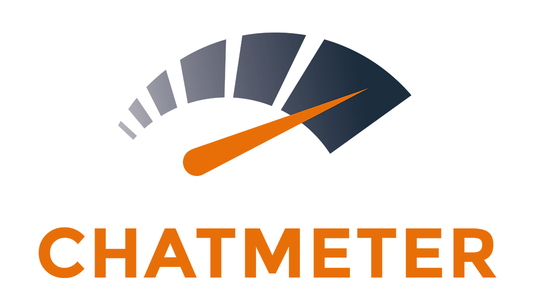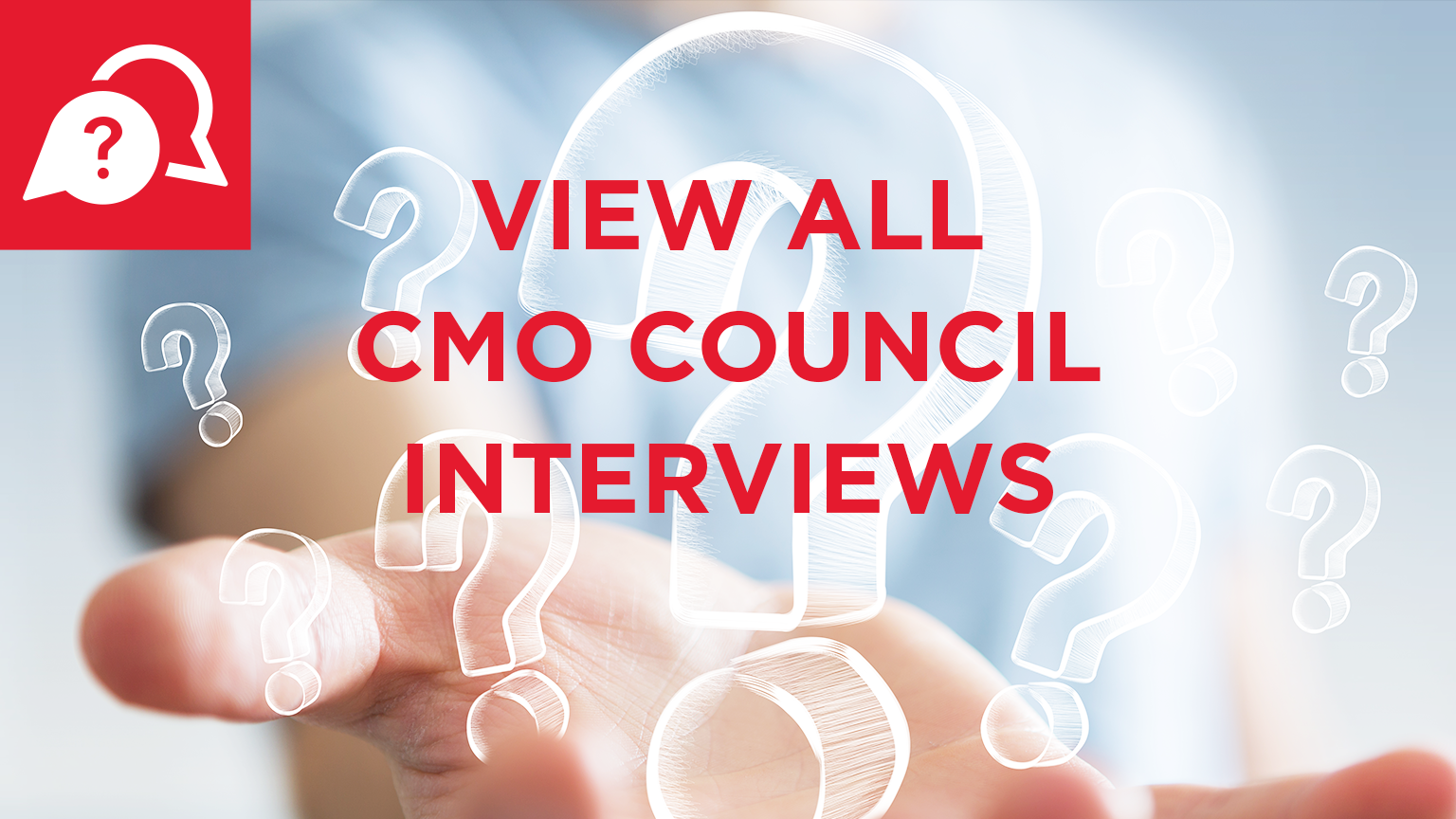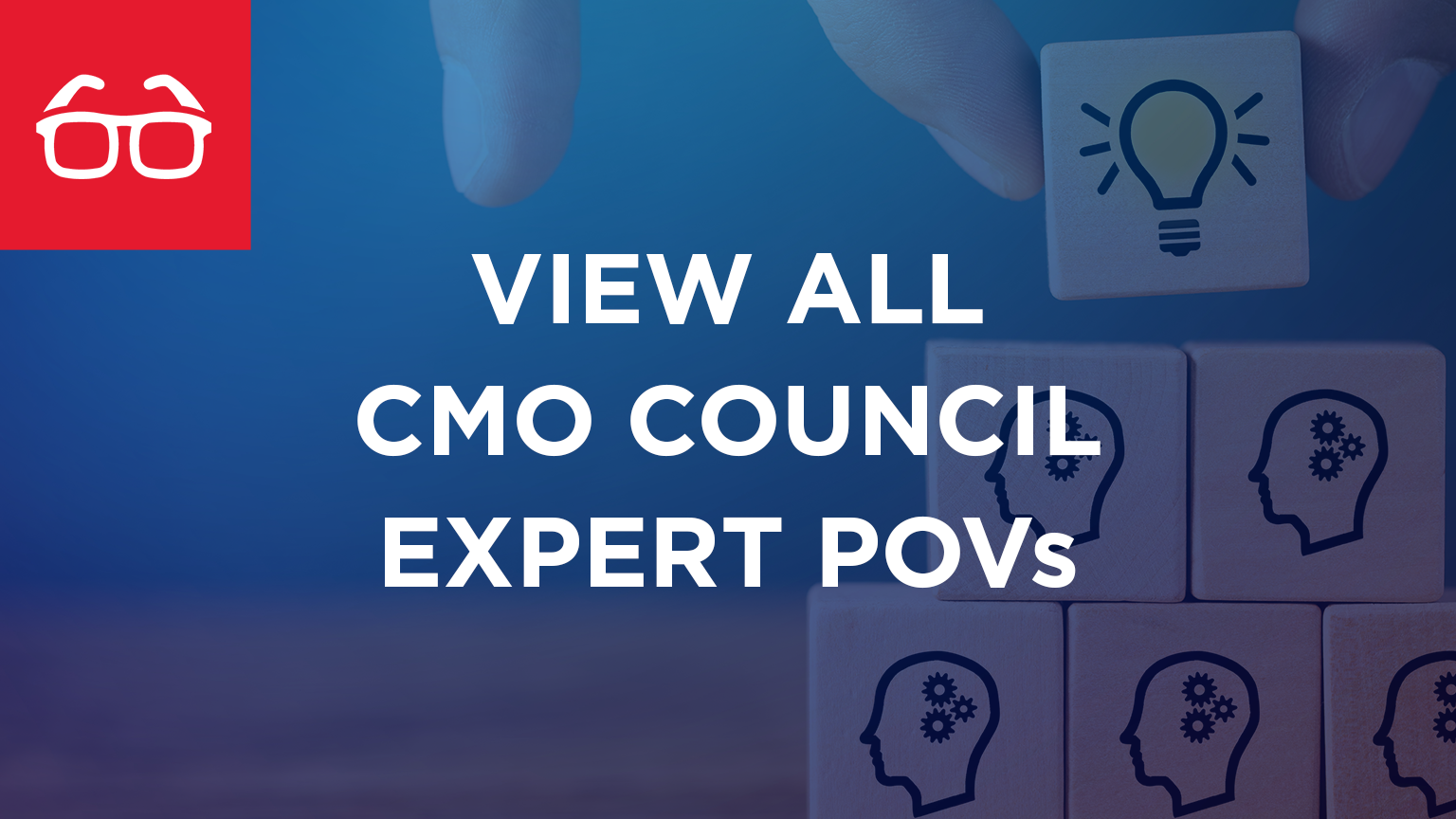Customer influence and expectations in the Web 2.0 world have never been greater. Positive or negative word-of-mouth can spread rapidly and virally across the Internet and throughout its many channels, communities, blogs, discussion groups, bulletin boards and trusted business and social networks. Many brands, companies and campaigns have been compromised from inattention to real-world customer experiences, behaviors, issues, concerns, frustrations and failings. Lack of listening and prompt responsiveness to customer feedback, inquiries, problems, complaints, suggestions, comments, and communications can make a significant difference to brand perceptions, customer affinity and NetPromoter scores.
Creating a corporate culture of listening, learning and limiting hassles and headaches can improve product uptake, reduce market friction, increase customer responsiveness, and identify new monetization opportunities. Always-on, intelligent agenting and real-time feedback systems that integrate, mine, process and analyze vast volumes of customer data, interactions and inquiries can now be rapidly and efficiently deployed through on-demand platforms and hosted services. These systems can not only automate the response to customer incidents and inquiries but also monitor online discussions and provide predictive analytics based on the tonality, sentiment and content of communications, conversations and inbound contact and correspondence. Closed-loop systems which continuously monitor customer feedback (behaviors, actions, thoughts, feelings, and opinions) can provide actionable intelligence that influences the design, development, delivery and differentiation of products, services and brand experiences.
The CMO Council’s Giving Customer Voice More Volume initiative will drive broader adoption and use of customer listening, feedback, engagement and advocacy systems across all markets and industry sectors, as well as educate senior marketers on the need to embrace their contact center, help desk, telemarketing, consulting and agency partners in order to integrate Voice of Customer (VOC) capabilities into mainstream operations and organizational fabrics. The program will advocate for marketing’s ownership of the customer experience and the role of marketing executives in ensuring that all operational areas and organizational processes (products, programs, channels, functions, policies, touch points and services) are harmonized and optimized to deliver on brand promises and drive customer advocacy, satisfaction and loyalty.













